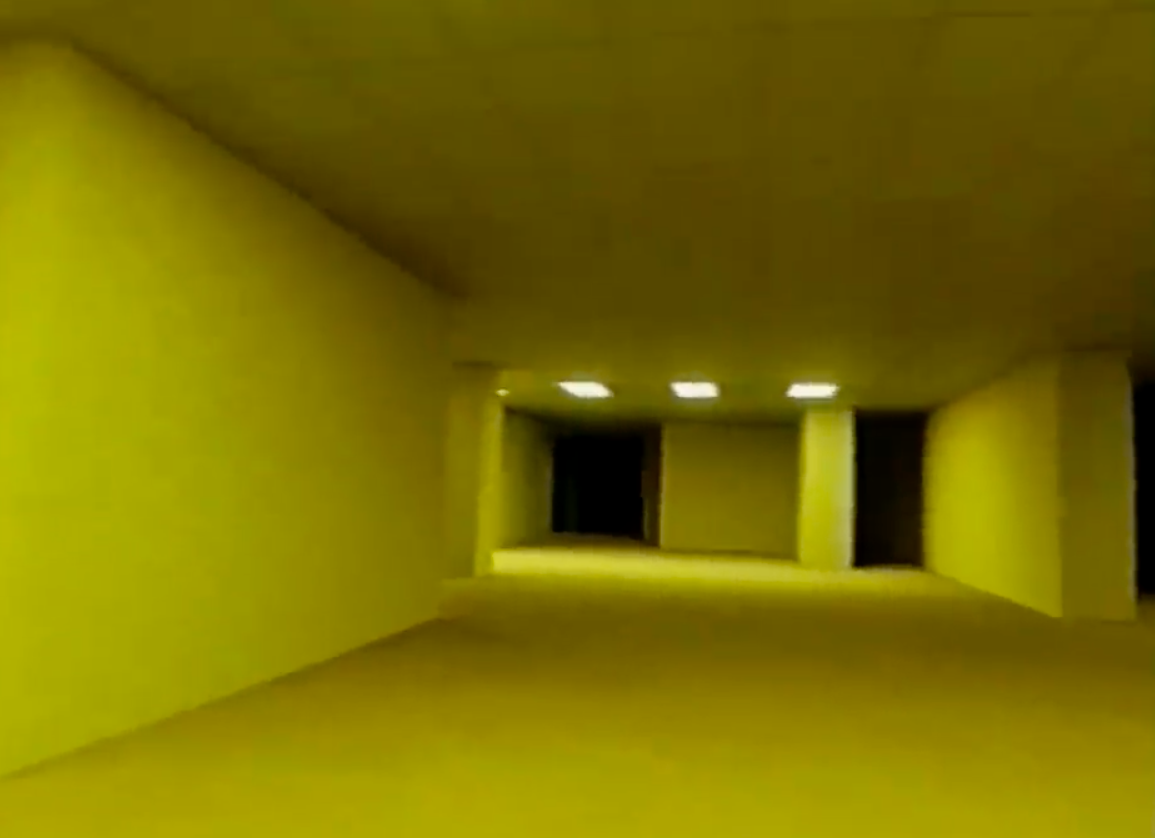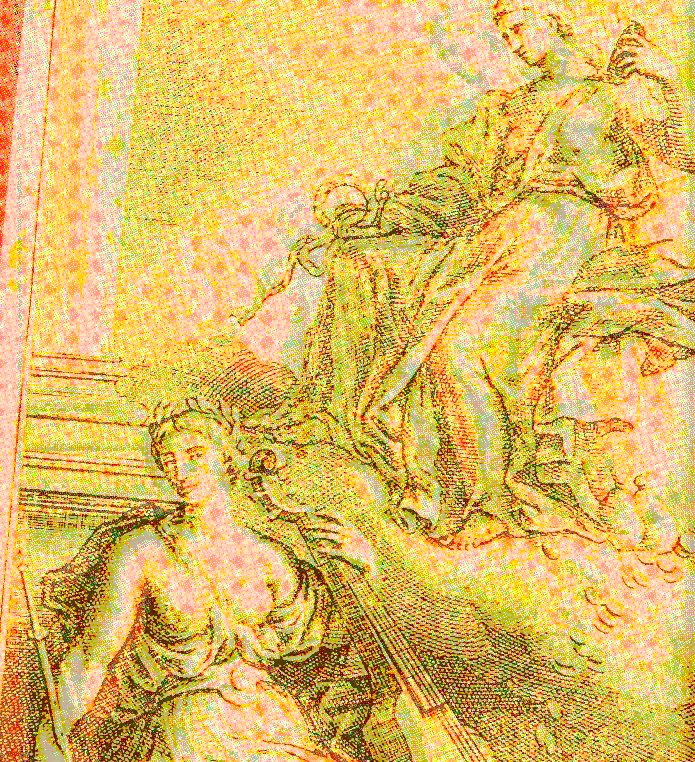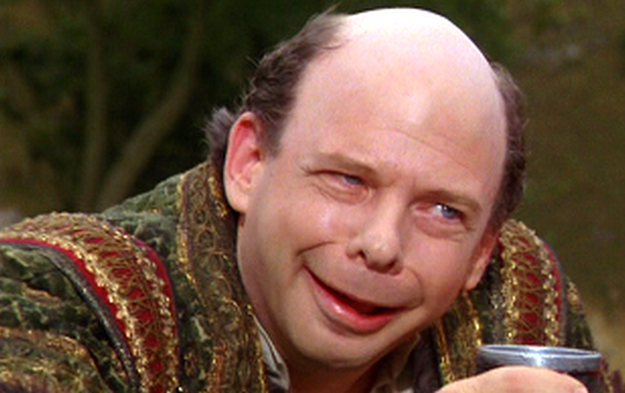It’s impossible to talk about criticism without talking about interpretation. Before I do that, however, I would like to talk about logical inference. This is, quite simply, the drawing of a conclusion; the engine for truth. There are several theories of truth. The most relevant one here is the correspondence theory. The correspondence theory of truth posits that a proposition is true when it corresponds to a fact. And what is a novel, if not a series of propositions? You can’t deny that F. Scott Fitzgerald’s descriptions of cars, for example, correspond to automobiles in the real world; and the fact that automobiles exist. If we bear in mind, Wittgenstein’s notion of family resemblance, moreover, it doesn’t matter if one car is red and another car is blue; or if one car is a Ford and the other is a Chevrolet. Fitzgerald’s descriptions (i.e., propositions) of automobiles correspond to those in the real world, for those are the facts which we call automobiles, or cars.
How can I say that logical inference breaks down on a literary level? Am I asking the impossible? I have demonstrated, via the correspondence theory of truth, that the things propositions describe correspond to those things which are described; they exist in the real world and can be committed, via writing, to print.
What does the word ‘fiction’ correspond to? If the logic of correspondence is anything to go by, it must correspond to something. If this were a perfect world, I would say that ‘fiction’ corresponded to anything that was not non-fiction; even if non-fiction, in light of the correspondence theory, becomes redundant, like snow which is non-snow, and water which is non-water. We can quickly see a problem bubbling to the surface here; it’s obscuring our goggles and making us nervous.
Read More



























